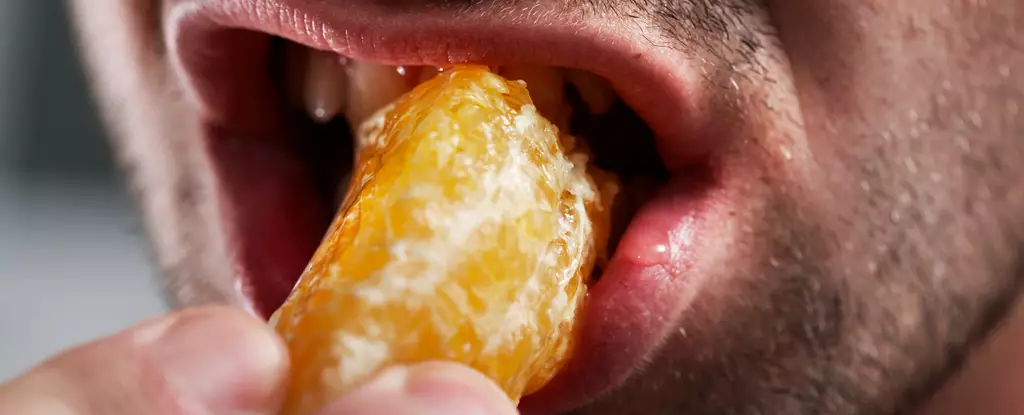Misophonia, often characterized by an intense aversion to commonplace sounds like chewing or snoring, remains a largely misunderstood condition. While most individuals may experience momentary annoyance toward certain noises, those with misophonia endure profound emotional turbulence, which can manifest as anger, anxiety, or depression. Recent studies indicate a deeper connection between misophonia and genetic predispositions, inviting a more rigorous examination of this peculiar auditory sensitivity.
At its core, misophonia is defined by an intolerable reaction to specific trigger sounds. Unlike typical irritations, the response to these sounds can be overwhelming, leading individuals to experience significant distress that disrupts daily life. The 2023 survey highlighted how common misophonia is, suggesting it might be much more prevalent than previously estimated. This revelation compels us to consider how widely this affliction is affecting people’s lives, perhaps silently, as many may not even know that their condition has a name.
The emotional fallout from misophonia extends far beyond mere annoyance; it can escalate to panic attacks or aggressive behavior, often fueled by an internal struggle against the intrusive sensations evoked by these sounds. For many, everyday settings—from office environments to family dinners—transform into arenas of anxiety, where the fear of triggering noises looms large. This chronic state of distress raises questions about the psychological implications of misophonia and the social isolation it can foster.
A pivotal study conducted by researchers at the University of Amsterdam serves to bridge the gap between the auditory aberration of misophonia and broader psychological health. The genetic analysis of individuals who self-identified as having misophonia revealed that they possessed genetic markers commonly associated with a host of psychiatric disorders, including anxiety, depression, and even PTSD. This genetic overlap suggests that there could be a shared biological underpinning between misophonia and these more widely recognized mental health conditions.
Dr. Dirk Smit, leading the research effort, pointed out this intriguing correlation. The findings propose that individuals with a genetic predisposition to PTSD may also be more susceptible to misophonia, hinting at potential neurobiological systems at play. It is important to note, however, that while there are shared genetic traits, this does not imply that misophonia and these disorders share the same pathophysiological mechanisms.
Delving deeper, the research established notable personality traits in people affected by misophonia, such as neuroticism, excessive worry, and feelings of guilt. These emotional undercurrents suggest that misophonia is not solely a reaction to auditory stimuli but is deeply intertwined with an individual’s psychological landscape. For instance, feelings of guilt may arise from the anger experienced due to triggering noises, leading to a cycle of distress that magnifies the overall impact of misophonia. The study posits that the emotional response to sounds is often more about internalized feelings than outward expressions of anger.
Interestingly, the research also highlighted that individuals on the autism spectrum exhibited a lower prevalence of misophonia, a finding that defies intuitive expectations regarding sound sensitivity. This contrast suggests a nuanced relationship between various auditory sensitivities and hints at the possibility of multiple pathways through which sound-related disturbances manifest in different individuals.
Caution is warranted when interpreting the results of this research. Most of the data collected were derived from European populations, leaving open questions regarding the applicability of these findings across diverse demographics. Additionally, the reliance on self-reported data may limit the accuracy of the diagnosis and severity of misophonia, as participants may misconstrue or minimize their experiences.
Nevertheless, this study acts as a cornerstone for further exploration into the biological and emotional facets of misophonia. Future research must strive to delineate the mechanisms underlying this perplexing condition, potentially leading to improved treatment strategies that could benefit those afflicted by auditory sensitivities.
Misophonia encompasses a complex interplay of sound, emotion, and genetics, necessitating a comprehensive approach to understanding and addressing the profound impacts on individuals’ lives.


Leave a Reply